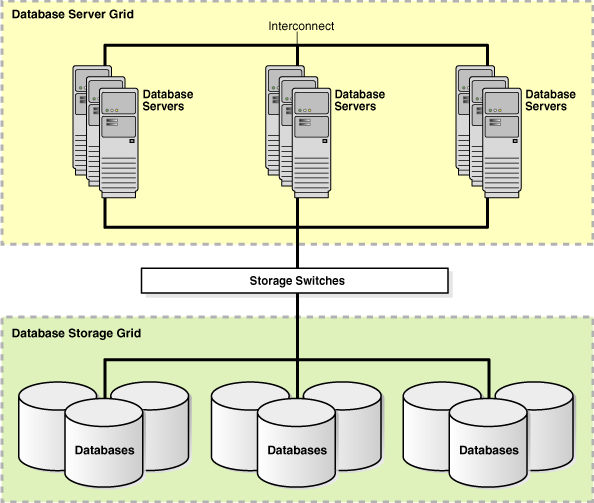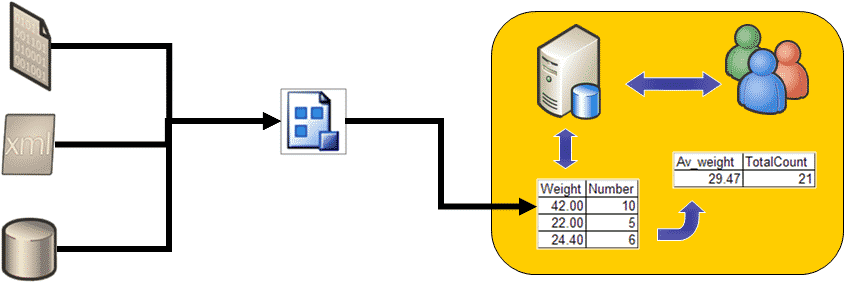Web hosting services not only host your websites, but, often they keep you away from all the technicalities related to hosting a website. You don’t need to be a technical person to start a website of your own and all thanks go to the technical support team of the web hosting provider that you are using. Well, it’s a fact that they don’t provide the technical support for free, but, if you consider the amount of hassle required to set up a website, you probably cannot help but thank the professional support.
Thanks to the technical support, you have more time to concentrate on the promotional aspects of your business. Well, if your business requires more than a single server, the traditional web hosting services probably won’t be able to help you out. In such cases, the best idea will be to reach out to IT server managements. They carry different applications with the help of different servers such as application servers, file servers and back up servers, thereby serving your purpose.
What Do These Servers Do?
All the relevant and important data is held by the file server. A file server is also responsible for dealing with concurrent requests made by the users to update any specific data.
On the other hand, back up database servers are required for data redundancy. Here, you back up your entire website data and hence, you can restore your website to a previous time whenever you run into some error and don’t know how to fix it.
Application servers are useful for managing all your application details (the ones you run on your website).
Database Management
This is definitely important and unless you take the necessary care, you are bound to suffer on the long run. After all, it won’t be great to see all of your website data being corrupted one fine morning right?
Database management can be of two different types and those are: Desktop databases and Server databases. In the case of desktop database, things revolve around personal computers as there is only a single user to cater to. Whereas, for server database, it’s about catering to multi user applications. You can use these for high end performance as well.
Advantages of Database Servers
- Manages consistency of data.
- These are flexible and can deal with any sort of problem that you may encounter.
- The performance of these servers is often more than satisfactory.


Leave a Reply